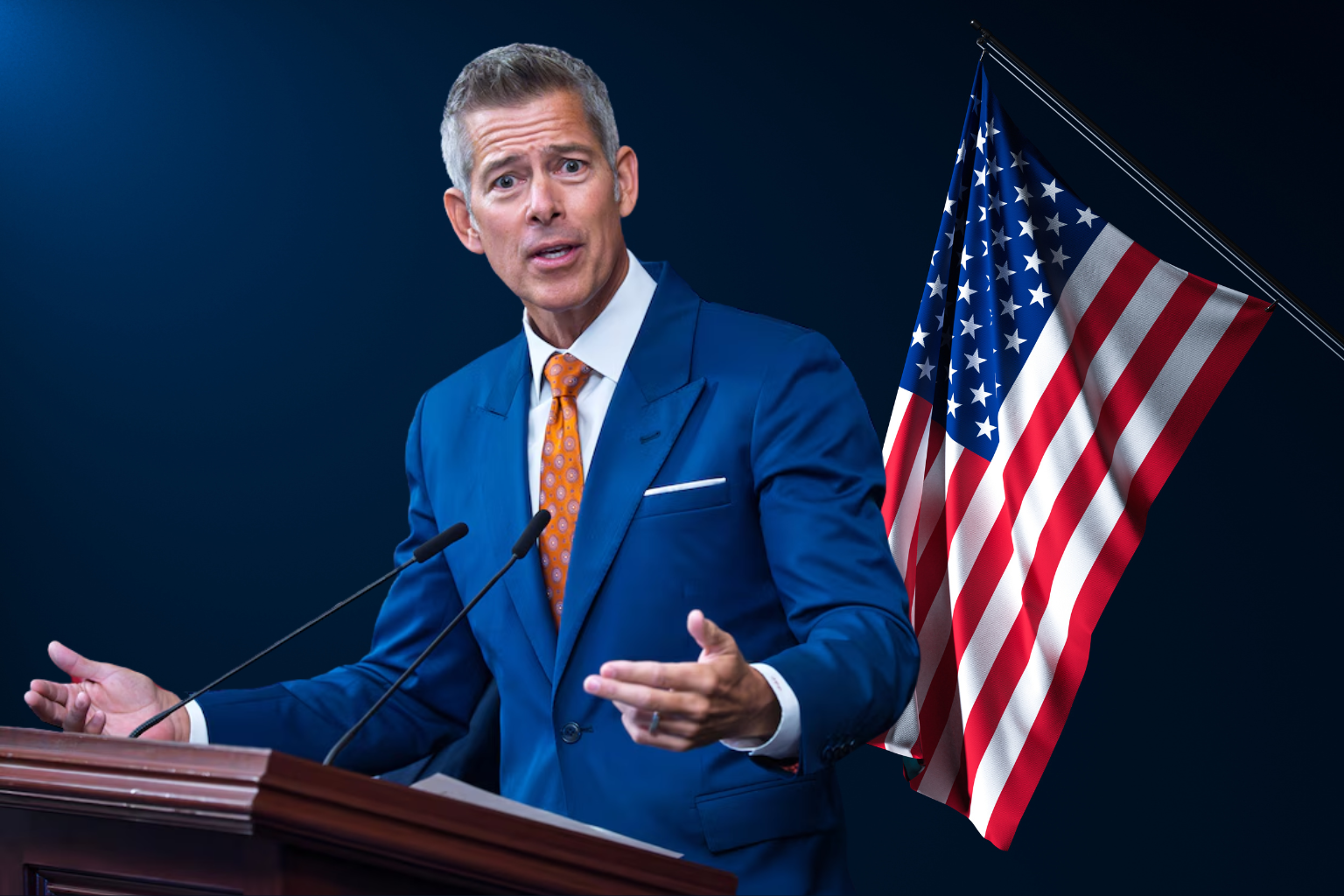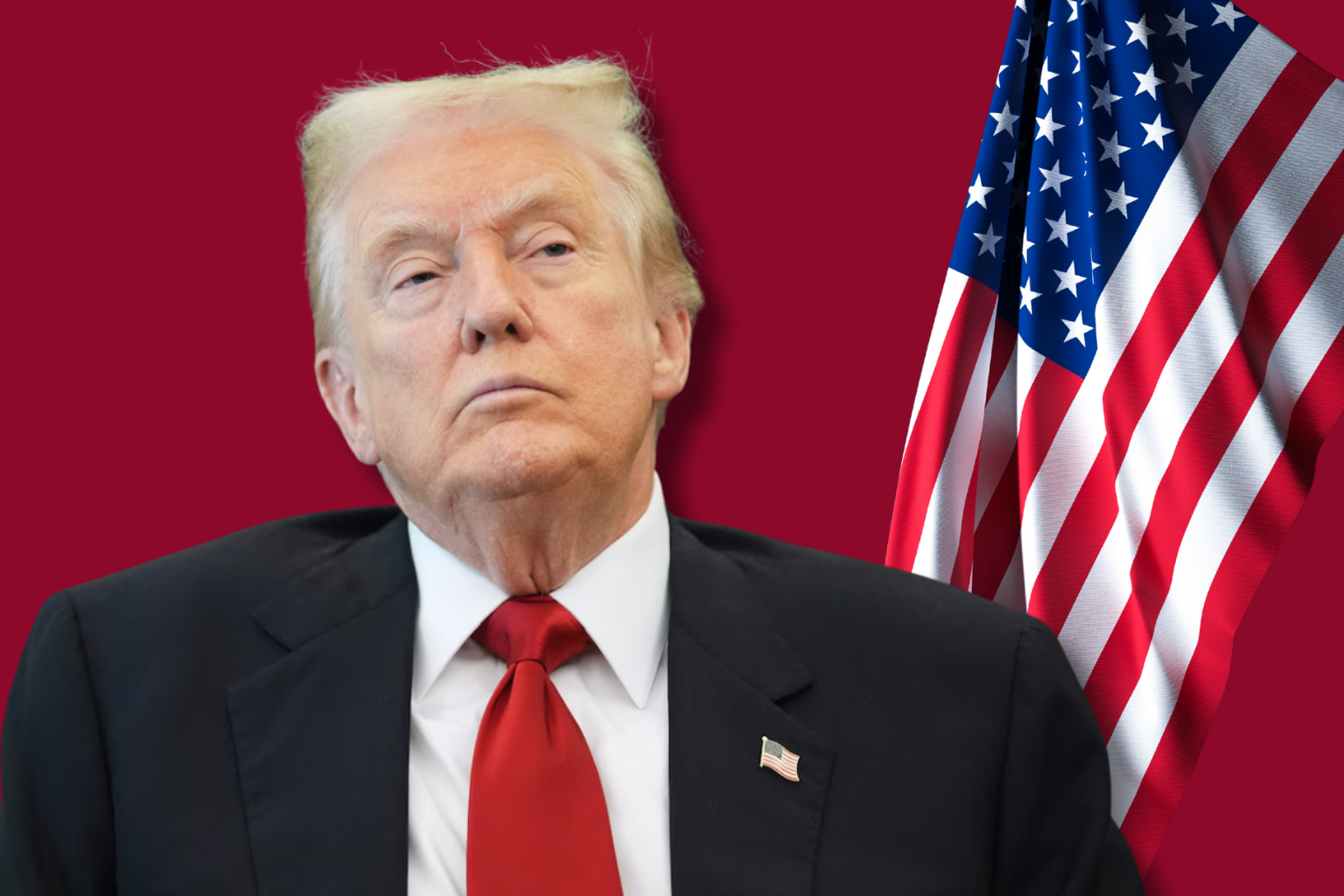Federal Shutdown’s Ripple Effect Disrupts U.S. Flight Operations and Raises Safety Concerns

The October 1 federal government shutdown has caused delays and staff issues at Newark Liberty International and other major airports. System stability is threatened by unpaid air traffic controllers and TSA officials.
Controllers prepare to miss their first full payday, and authorities claim absences and sick calls have increased. A recent Department of Transportation assessment found that controllers’ unscheduled absences delayed 6.6% of aircraft worldwide. With roughly 13,000 controllers and 50,000 unpaid TSA personnel, the burden is huge.
Staffing and traffic delays have plagued Newark and Reagan National airports. Most Newark arrival delays were above 30 minutes, while inbound origin airport delays might reach 55 minutes. Washington and New York airport delays may exceed 30 minutes. To guarantee safety, the FAA employs “ground delay programs” and traffic flow limitations due to controller shortages.
Transportation Secretary Sean Duffy expects things to worsen following the next paycheck without controller salary. Some trainees are quitting rather than working unpaid when the controller academy nears budgetary constraints. That would increase the FAA’s 3,500-controller shortage before shutdown.
Controller union members claim unpaid work is unfair and system-threatening. Controllers work side jobs like delivery driving to make ends meet, which is exhausting. The organization warns that such situations may impair focus and raise error risk in a profession.
To address shutdown effects, airlines and airports are feeding furloughed workers, working with food banks, and adapting for delays. They warn that delayed funds will prevent operational fixes. Rising peak travel delays require Congress to continue funds.
Although some businesses believe the system has survived without major problems, experts warn that stress and increased absenteeism may cause cascade effects. High-volume hubs at capacity can cause delays, cancellations, and irregular schedules.
The closure is becoming a danger to US aviation, not just a political deadlock. Without enough wages and people, controllers may struggle to handle aviation traffic if the financial standoff persists.
Sources
Reuters
OPB/NPR
Wikipedia




